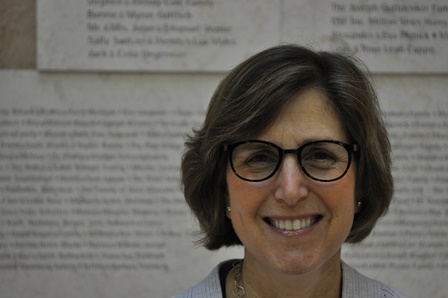Dear Nira: My 69-year-old wife has been diagnosed with early-stage Alzheimer’s disease. I am reluctant to share this news with family and friends as I’m afraid they will start to treat us differently. What should I do?
MY SECRET
Dear My Secret: We have come a long way in terms of society’s understanding and acceptance of Alzheimer’s as a disease, just like many other illnesses. But it is different because it impacts personality and thinking — and that can be challenging and uncomfortable for many people to deal with.
This is going to be a long journey and I can’t emphasize enough that you will need the support of people around you. I strongly recommend you sit down with your close family members and break this news. Even if symptoms of Alzheimer’s are not readily apparent in your partner at this time, and it seems easiest to keep the secret and maintain the façade that all is well, you know deep down that this won’t last.
Sometimes the motivation to keep a dementia diagnosis a secret is driven by something much deeper: embarrassment. It is not your fault or your partner’s fault to have this in your life.
Families often bring complex dynamics to the table, but a health crisis can clarify very quickly who is going to be there for you on this journey. I think you will be surprised to find that some family members will “dig deep” and really want to help. But they can’t be there if you don’t let them in. Start with a frank discussion, perhaps over a coffee with family who you feel are closest to your wife. Every family member can have a role or be part of your support network whether they live close by or at a distance.
As for your friends, their reaction to the news and their behaviour in the weeks and months ahead will help you to differentiate between friends you can count on for unwavering support and those who will quietly drift away.
Make sure to find a good health professional (such as a nurse or occupational therapist) to be a trusted coach for this marathon journey; someone connected to the community and all the available health-care supports who you can plan and troubleshoot with when challenges arise.
Educating yourself and joining a local caregiver support group if there is one in your area is also a good way to feel less alone and more empowered.
Understand that help can be offered in many ways large and small. You and your partner should never have to feel alone on this journey.


